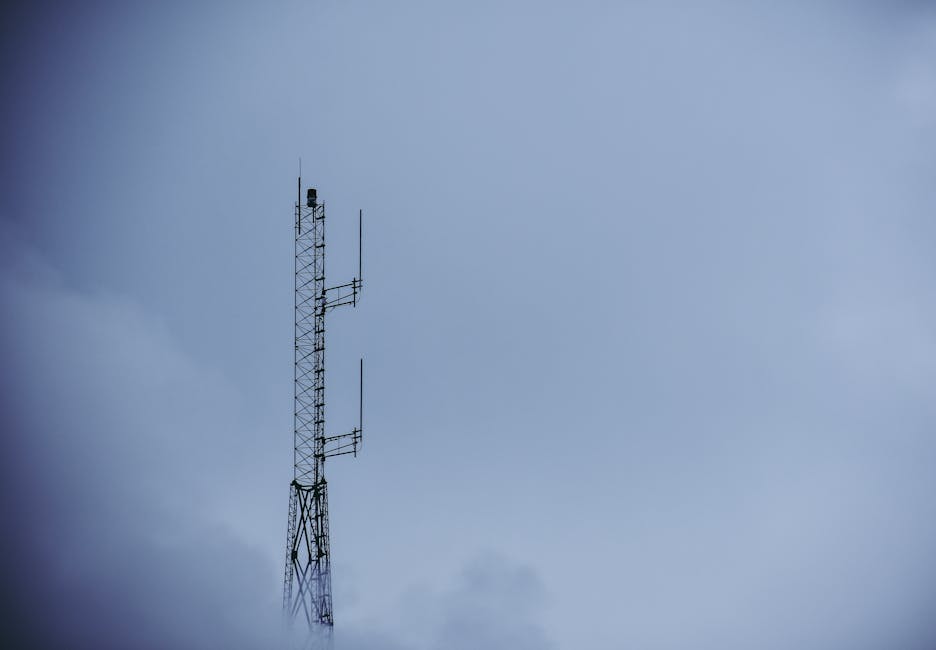
The Future of Satellites: Unlocking a New Era of Space Exploration
Future of satellites is an exciting and rapidly evolving field, with new technologies and innovations emerging all the time. The future of satellites holds much promise, with the potential to unlock a new era of space exploration and discovery. From improved communication systems to enhanced navigation and Earth observation, the possibilities are endless.
Advancements in Satellite Technology
One of the key areas of advancement in satellite technology is in the development of smaller, more efficient satellites. These satellites, known as smallsats or cubesats, are designed to be more cost-effective and flexible than traditional satellites, making them ideal for a wide range of applications. They are also more environmentally friendly, producing less waste and requiring less energy to launch and operate.
Another area of advancement is in the development of satellite constellations, which involve launching multiple satellites into orbit at the same time. This approach allows for greater coverage and more efficient use of resources, making it possible to provide global communication and navigation services. Companies such as SpaceX and OneWeb are already working on satellite constellations, with plans to launch thousands of satellites into orbit in the coming years.
Applications of Satellites in the Future
The applications of satellites in the future will be vast and varied. One of the most significant areas of application will be in communication systems, where satellites will play a critical role in providing global connectivity and internet access. This will be particularly important in remote and underserved areas, where traditional communication infrastructure is limited or non-existent.
Satellites will also play a key role in navigation and Earth observation, providing critical data and insights for a wide range of industries, including agriculture, forestry, and urban planning. They will also be used to monitor and track climate change, helping us to better understand the impacts of human activity on the environment and to develop more effective strategies for mitigation and adaptation.
Challenges and Opportunities
Despite the many advantages and opportunities presented by the future of satellites, there are also challenges and risks that need to be addressed. One of the most significant challenges is the issue of space debris, which poses a significant threat to the safety and sustainability of satellite operations. There is also the risk of satellite collisions, which could have catastrophic consequences for the entire satellite industry.
However, these challenges also present opportunities for innovation and growth. The development of new technologies and strategies for mitigating the risks associated with space debris and satellite collisions will drive investment and job creation, and will help to ensure the long-term sustainability of the satellite industry.






